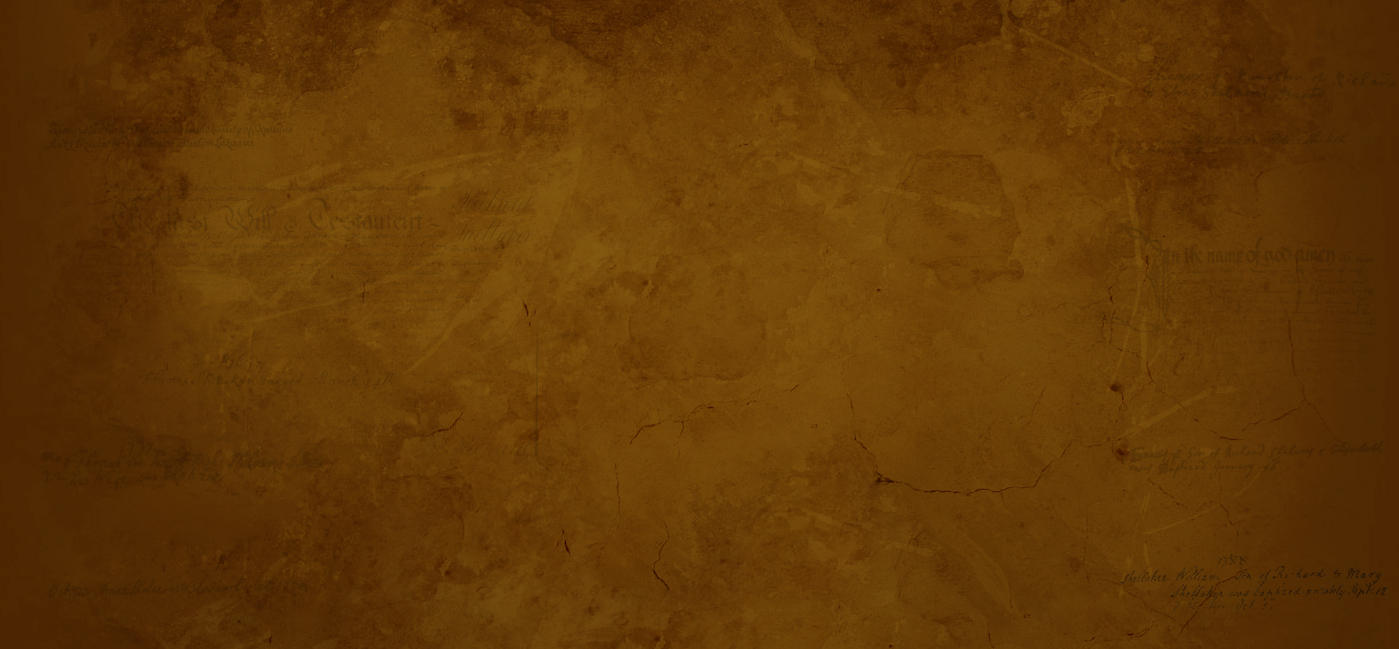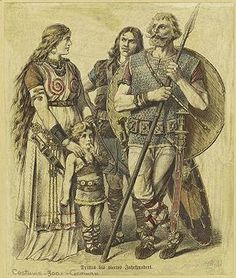

 The commonest form of surnames are, what are known as patronymic or matronymic surnames, which derive from a mother or father’s forename. Normally they are Christian names with ‘son’ on the end, for example ‘Johnson’ and ‘Thompson’ which literally mean the son of John and son of Tom. The Welsh versions of this type of surname often simply added an “s”, giving us names like Edwards (son of Edward) and Jones (son of John).
The commonest form of surnames are, what are known as patronymic or matronymic surnames, which derive from a mother or father’s forename. Normally they are Christian names with ‘son’ on the end, for example ‘Johnson’ and ‘Thompson’ which literally mean the son of John and son of Tom. The Welsh versions of this type of surname often simply added an “s”, giving us names like Edwards (son of Edward) and Jones (son of John).
A matronymic is a personal name based on the name of mother, grandmother, or any female ancestor. It is the female equivalent of a patronymic. These matronymic surnames are far less common than patronyms. In the past, matronymic last names were often given to children of unwed mothers however it was not unusual for children of married women to also use a matronymic surname. For example, it was traditional during the Middle Ages for children whose fathers died before their births to use a matronym, and it was not unheard of for children to be given a matronym if the father’s name was foreign, difficult to pronounce, or had an unfortunate meaning. Examples of a matronymic surname is Megson and Mallinson and Tillotson, both of which originate from Matilda.
Some surname signifying patronage to honour a patron – these are sometimes known as ancestral surnames. An example of these surnames would be Hickman was Hick’s man (Hick being a nickname for Richard) or Kirkpatrick was a follower of Patrick.
My conclusion: Is the Shellaker surname an example of a Baptismal names; a patronymic, matronymic or ancestral? No, surely not. No part of the any of the variants of the Shellaker surname suggests any link with a Christian name of a parent or that of a patron.
There are families who originally descended from landowners who have may have taken as their surname the name of their holdings, castle, manor, or estate. Examples of these are Ernle or Staunton, the latter is an estate in Leicestershire.
The surname ‘Windsor‘ is a famous and more recent example as it was the surname George V adopted for the British royal family in 1917 to disguise the true German origins of the ‘British‘ royal family. The real name of the royal family is ‘Saxe-Coburg and Gotha‘ but it was changed to ‘Windsor‘ due to the anti-German sentiment prior to the satrt of The Great War (World War I).
My conclusion: Is the Shellaker surname an example of a surname taken from an estate – possibly it is and I will expand upon that in the last category……..
Could our family name, and also our entire family lineage, be traced far back in time to a village or hamlet which carried our surname? Well let’s explore that possibility.
I have found, and visited, a ‘settlement‘ in the very far north of England, on the English side of the current border between Scotland and Northumberland which could be from where our family first originated.
Admittedly I have no evidence yet if that place even extends back beyond recent history but the intriguing name of that settlement is …….. SHELLACRES.
Next Page: Shellacres in the County of Northumberland